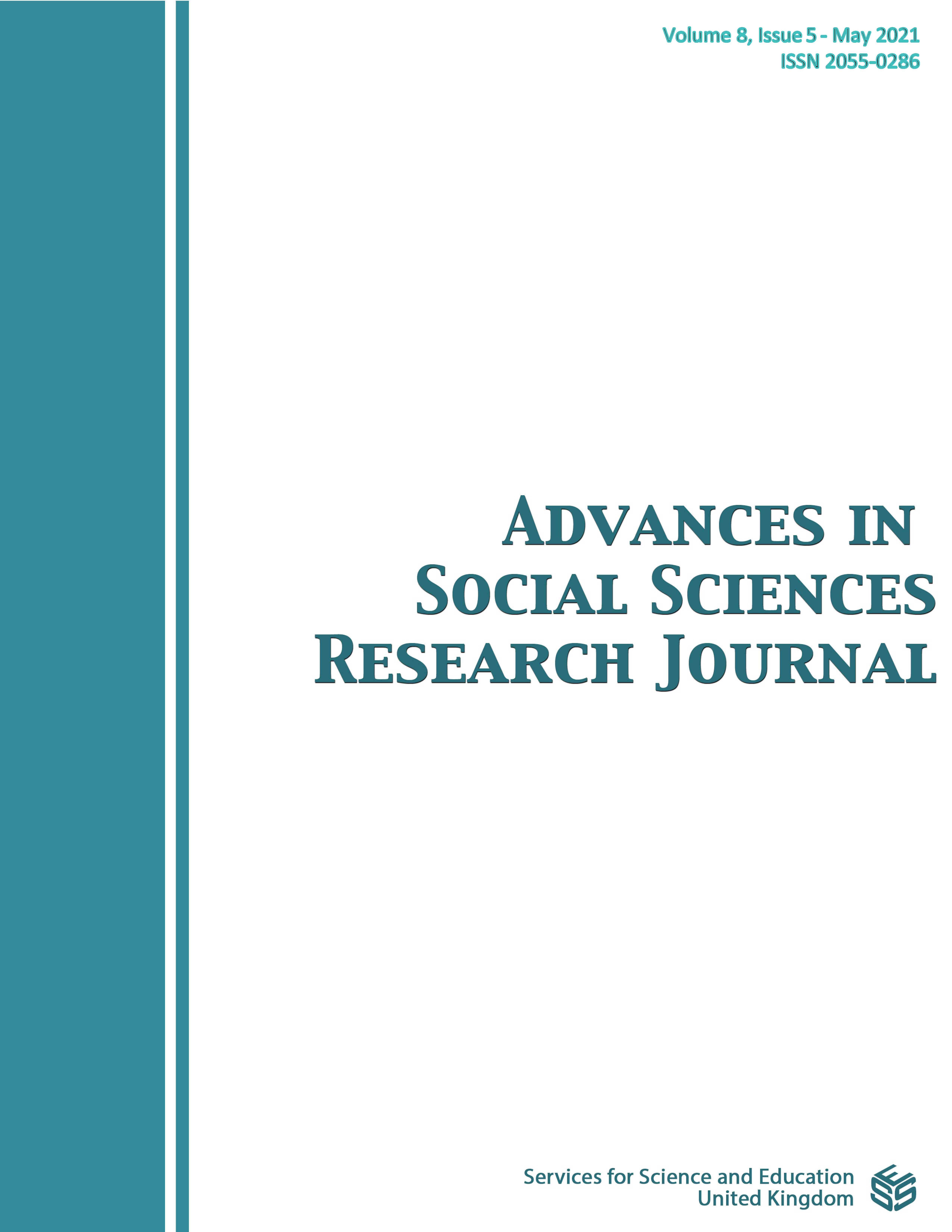From apartheid to Post-Apartheid: The Representational Trajectory to a Multiracial Nation in Nadine Gordimer’s None to Accompany Me, Andre Brink’s The Rights of Desire and Zakes Mda’s The Madonna of Excelsior
DOI:
https://doi.org/10.14738/assrj.85.10277Keywords:
Apartheid and Post-apartheid, Multiracial(ism), Negotiation, Transition, Centre/Margin binarism, Self/Other binarismAbstract
This article, which draws inspiration from the literary works of three South African writers, focuses on the two (amongst many) major historic periods in the life of the present-day nation described as post-apartheid South Africa. The two periods, evident in the works of Andre Brink, Zakes Mda and Nadine Gordimer under review, are the reign of apartheid and the transition to a democratic multiracial society built on the principles of equality and the respect of the rights and freedoms of South Africans. From both historical and literary standpoints, the transition to multiracialism is the outcome of the struggle of the oppressed black population of South Africa against the oppressive monolithic racist regime which ruled the country on an official governance policy which it called ‘Apartheid’. In order to enforce this inhumane worldview, the said racist regime used means of brutality and savagery with the intention of transforming the country into a ‘white nation’ that would belong to a minority-turned majority known as the Afrikaners. The often callous and gruesome acts of inhumanity perpetrated by the different racist apartheid regimes (that ruled South Africa from 1948-1994) became a major concern to the world at large and South African anti-apartheid writers in particular. Thus this category of the country’s writers tended to use literature as an instrument of protest against racial discrimination, which brought untold hardship to the black population. Andre Brink, Zakes Mda, and Nadine Gordimer are among the writers whose works vividly trace the South African experience from apartheid to post-apartheid eras. Brink, Mda and Gordimer in their respective works attempt to portray the endeavours and challenges of reconstructing the new nation from the debris of close to four decades of the brutal regime. The main issues discussed in this article are analyzed from New Historicist and Postcolonial perspectives due to the peculiar postcolonial nature of South Africa.
Downloads
Published
How to Cite
Issue
Section
License
Copyright (c) 2021 FORTI ETIENNE LANGMIA

This work is licensed under a Creative Commons Attribution 4.0 International License.
Authors wishing to include figures, tables, or text passages that have already been published elsewhere are required to obtain permission from the copyright owner(s) for both the print and online format and to include evidence that such permission has been granted when submitting their papers. Any material received without such evidence will be assumed to originate from the authors.






